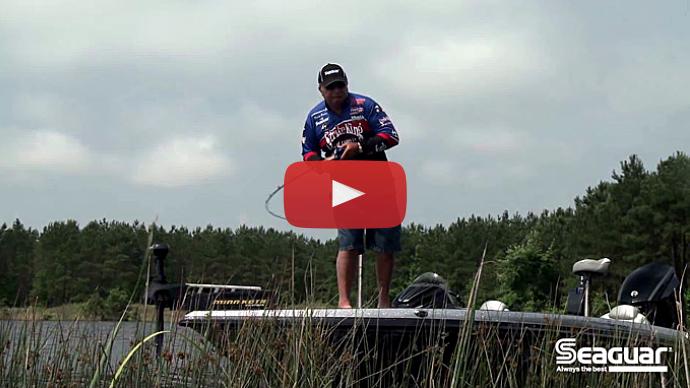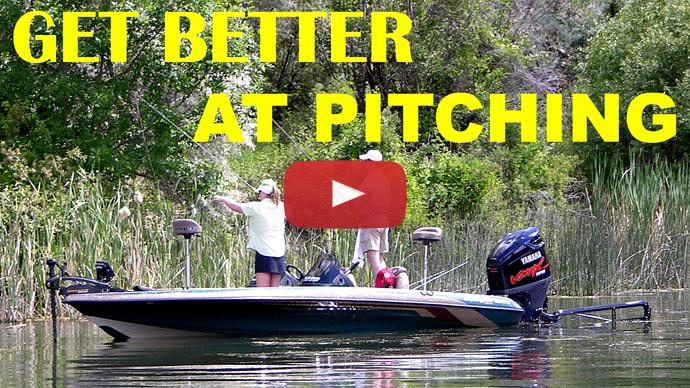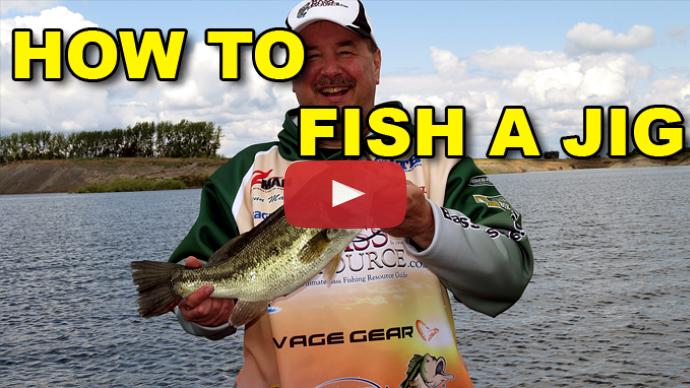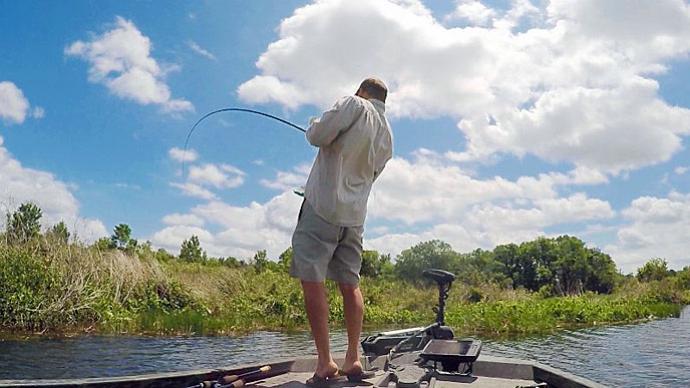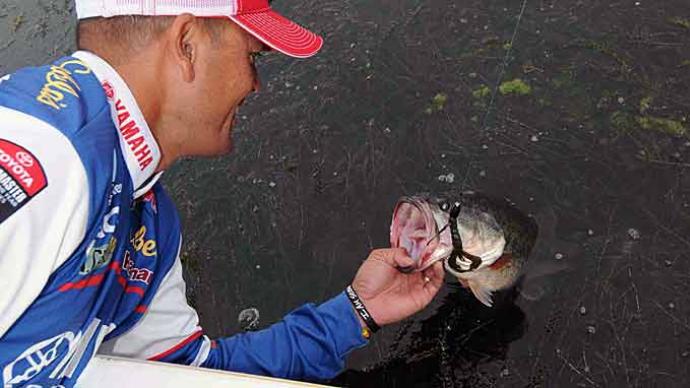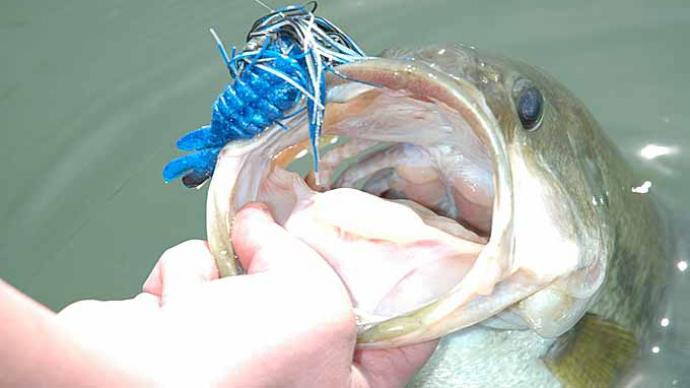Why flip or pitch? That's a tough decision for a lot of people to make. And you can go cast and catch a lot of fish, but I'm telling you, some of the biggest fish that exist in any body of water live in the heaviest cover you can find. If you just look at the lake, you're fishing or the river you're fishing and you pick out a heavy logjam, a brush pile, a boat dock, or whatever it might be cover wise, more than likely there's a big fish living there.
And you cannot reach a lot of those places by casting. But flipping and pitching, because it's an underhand technique, you can get those baits into the strike zone. And that strike zone can become very, very small.
If you have a cold front come through, the fish get inactive, they're not chasing baits, you've got to put it on top of their head to get a bite. If the lake's getting a lot of fishing pressure, they're going to get tighter to cover, and they're not going to chase lures.
So the flipping and pitching techniques are really the only way that you can get that bait into that strike zone, and the fact that the bait's coming right down on their head, right next to that stump or whatever it might be, really forces the bass into biting the bait. You get those reflex strikes, so to speak. So that strike zone can get very, very small.
But what else is an advantage with flipping and pitching is your percentages go up. You get a better hook set. You're a lot more accurate with your presentations. They enter the water quieter. Your hook sets are so much better. You got better control over the fish once you do hook him. You can feel your bites better. There's just tons of advantages to these techniques.
So practice them, get good at them, and when you have that heavy cover scenario, or a dirty water scenario, and you think those bass are in that heavy cover, use the flipping and pitching technique to get the lure in there. And your odds of getting him out goes up in a hurry.

